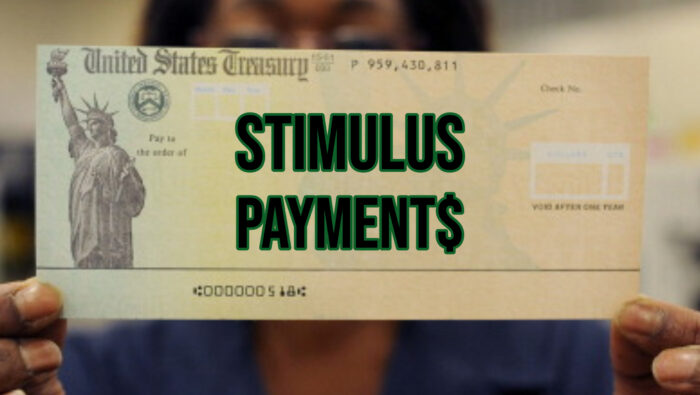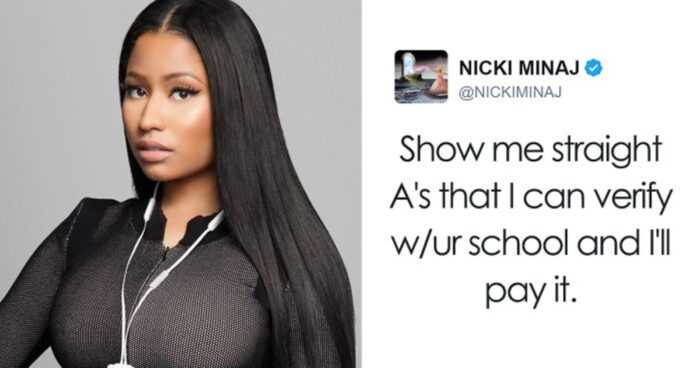
www.washingtonpost.com
By Jeff Stein, Mike DeBonis and Seung Min Kim
New direct payments will likely be included, but leaders are scrapping aid to states and cities as well as liability protections for companies as they try to finish negotiations.
Congressional leaders are near an agreement to add a new round of stimulus checks to a roughly $900 billion relief package as they rush to complete a deal before the end of the week, according to three people familiar with the talks granted anonymity to share internal deliberations.
A bipartisan proposal released earlier this week by a group of moderate lawmakers excluded another round of $1,200 stimulus checks. But as congressional leaders tried to resolve differences in recent days, they decided to try and include a round of direct payments in the emerging legislation.
They are rushing to complete a deal because they must pass a new spending bill Friday night at midnight in order to avoid a government shutdown. House Democrats had sought a much larger stimulus package before the election but have softened their position since President-elect Biden’s victory in hopes of securing some immediate relief. There are numerous signs in recent weeks that the economy is flagging because of a surge in new coronavirus cases. Nearly eight million Americans fell into poverty since this summer, according to a new report, in part because emergency benefit programs expired.
More Americans are filing for unemployment benefits, and the pace of hiring has slowed.
The inclusion of these direct payments comes as congressional leaders appeared likely to cut new aid for states and cities out of the bill, giving lawmakers more money to work with while keeping the total cost of the package under $1 trillion. Treasury Secretary Steven Mnuchin had proposed including $600 stimulus checks in the package last week, but Democrats opposed the measure then because the White House wanted to slash unemployment aid as well.
Sen. John Thune (R-S.D.), the second-ranking Senate Republican, told reporters that lawmakers were considering providing stimulus checks worth between $600 and $700 per person. He added that the package was expected to have an additional federal unemployment benefit of $300 per week, the same amount called for in the bipartisan package.
“It’s not going to be the full-blown thing that some of our members and some of their members want to see,” Thune said of the checks. He added of the broader talks: “Progress is being made. It seems like there’s movement in the right direction.”
But the addition of the stimulus checks is expected to come in part by reducing the amount of unemployment aid. Congressional leadership has told other lawmakers that they are planning on reducing the number of unemployment benefits by one month from the bipartisan plan, according to two people granted anonymity to share private remarks. That could mean that the extended benefits expire at the end of March. Such a timeline could force the incoming Biden administration to move more quickly in their effort to pass a massive stimulus bill early next year.
Asked if the package would include pare back unemployment benefits, Senate Minority Leader Charles E. Schumer (D-N.Y.) pointed out that the White House initially pushed for substantially lower amounts of assistance. “I’m not going to get into that kind of level of specific detail,” Schumer told reporters. “We started out with a very bad UI, or none at all, and we’re pushing it to be better.”
Schumer also expressed optimism that negotiators could reach an agreement on Wednesday and said Democrats had “pushed very hard” for direct payments.
Slashing aid for states and cities from the emerging deal would free up close to $160 billion in funds that could be used for the direct payments. Using this pool of money, lawmakers would be able to pay for stimulus checks that are roughly half the size of the $1,200 checks approved in March, or $600 per person. But discussions were ongoing on Capitol Hill about the exact size of the payments.
One person familiar with negotiations said the agreement would include “other avenues to deliver aid” to states, cities, territories, and tribes, but did not provide specifics.
Lawmakers are also looking to add money to the bill that could be used for distributing coronavirus vaccines this year.
House Speaker Nancy Pelosi (D-Calif.) hosted hours of meetings on Tuesday with the three other most senior congressional leaders — Senate Majority Leader Mitch McConnell (R-Ky.), Senate Minority Leader Charles E. Schumer (D-N.Y.) and House Minority Leader Kevin McCarthy (R-Calif.). Negotiators have described those talks as productive.
Schumer said in a floor speech on Wednesday morning that “the finish line is in sight,” while McConnell also gave an upbeat assessment of talks.
“We Democrats would have liked to go considerably further, but this won’t be the last time Congress speaks on covid relief,” Schumer said. “We need to address this emergency right now.”
With some exceptions, the package is likely to resemble the bipartisan legislation spearheaded by Sens. Mitt Romney (R-Utah) and Joe Manchin (D-W.Va.), in conjunction with other House and Senate moderates. That bill would devote hundreds of billions in aid to small businesses and unemployed Americans, along with tens of billions for education, transportation, and other critical needs.
The package is expected to include a provision that aims to address “surprise” medical billing, in which health care providers charge outsize amounts to patients — including some seeking emergency care. This problem is compounded when insurers do not have prearranged contracts with that provider. The phenomenon has grown as private equity firms have bought up provider networks and pushed to increase revenues.
The bipartisan compromise expected to be included in the bill has been in development for more than a year, pitting insurance companies against private equity firms and doctors’ groups in an expensive public relations and lobbying battle. The legislation is expected to limit most bills to “benchmark” prices calibrated to the in-network rates paid by insurers, rejecting the approach favored by the doctors and their financial backers that would have had disputed bills sent to an independent arbitrator.
The potential inclusion of stimulus checks comes after a bipartisan push from Sens. Josh Hawley (R-Mo.) and Bernie Sanders (I-Vt.), who threatened must-pass government spending legislation to ensure a vote on a second round of stimulus checks. President Trump has also pushed for another round of stimulus checks to be included in the final package, as have some left-leaning lawmakers in the House. Hawley lobbied the president directly for another round of stimulus checks to be included in the final legislation.
Some lawmakers have not prioritized approving another round of stimulus payments on the grounds that they also go to Americans who have not lost their jobs and do not need them. Manchin told Axios earlier this week that lawmakers had to compromise and that the unemployment benefits were significantly more important for helping those in distress due to the pandemic. “This is an emergency bill,” Manchin said.
Jobless claims spiked in the U.S. last week, with 853,000 people seeking new benefits
Supporters of the stimulus checks have argued that they are also important because they also help the tens of millions of families suffering from reductions in pay and hours as well as job loss. Mnuchin has also argued that the stimulus checks are more efficient, given the well-documented challenges jobless Americans have faced with their state unemployment systems. But some studies of the first round of stimulus checks showed they had mixed results.
Lawmakers must reach an agreement on legislation with broad bipartisan support if they are to quickly approve a bill smoothly. They face a tight deadline to hammer out a final compromise, with unemployment benefits for as many as 12 million workers set to expire by the end of the year. Congress also has a Friday night deadline to pass legislation before a government shutdown.
McCarthy said late Tuesday evening that negotiations were going “really well.” McConnell cited “significant progress” in talks later Tuesday evening as well.










